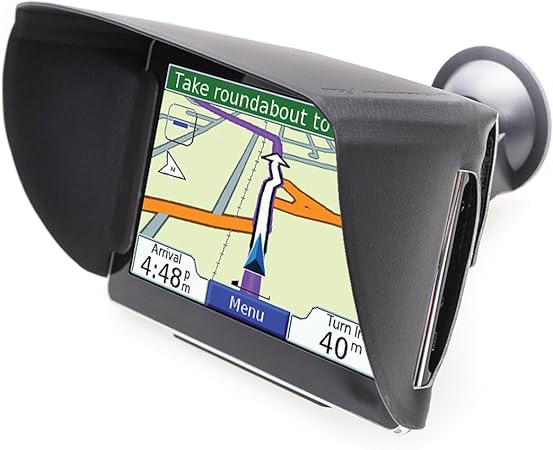The use of GPS trackers in cars has become increasingly common, driven by concerns about vehicle theft, employee monitoring, and parental oversight. But before you install one, it’s crucial to understand the legal landscape surrounding these devices. The short answer is: it’s complicated, and legality depends heavily on context and location. This article will delve into the complexities, helping you navigate the legal minefield and ensuring you use GPS trackers responsibly and lawfully.
The Legality of GPS Tracking: A State-by-State Issue
There’s no single federal law governing the use of GPS trackers in vehicles across the United States. Instead, legality hinges on individual state laws and the specific circumstances under which the tracker is used. Some states have clearer laws than others, with some explicitly addressing the issue of GPS tracking and others relying on more general privacy regulations. This makes it essential to research the specific laws in your state before installing a tracker.
Many states have laws concerning wiretapping and surveillance, which could indirectly affect the use of GPS trackers. These laws often require consent from all parties being monitored. However, the application of these laws to GPS trackers can be debated, especially in cases involving company vehicles or parental monitoring of children.
Consent: The Key Legal Element
The most critical factor determining the legality of using a GPS tracker is consent. If you’re tracking a vehicle you don’t own, you almost certainly need the owner’s explicit consent. This consent must be freely given, informed, and not obtained through coercion or deception. A simple verbal agreement isn’t always sufficient; written consent is often recommended to provide clear evidence of agreement.
The situation is slightly different for vehicles you own. You generally have the right to track your own vehicle. However, if the vehicle is used by other people, you need to inform them that it’s being tracked. This applies to situations such as company cars used by employees or family vehicles shared among household members. Failing to disclose the tracking could be considered a violation of privacy, even if the vehicle is legally yours.
Specific Use Cases and Legal Considerations

Let’s examine some common use cases for car GPS trackers and the related legal implications:
1. Tracking Company Vehicles:

Employers often use GPS trackers to monitor company vehicles to improve efficiency and ensure employee safety. However, it’s crucial to have a clear company policy about GPS tracking, inform employees that their vehicles are being tracked, and ensure the tracking complies with state and federal laws concerning employee privacy.
2. Parental Monitoring:
Parents might use GPS trackers to monitor their children’s driving habits or ensure their safety. While this practice raises some privacy concerns, courts generally tend to be lenient towards parents using trackers to protect their minor children. However, it’s still wise to openly discuss this with your children and explain the reasons for the tracking.
3. Tracking Stolen Vehicles:
Installing a GPS tracker after a vehicle is stolen is generally not considered a legal issue, as the focus is on recovering stolen property. However, you will need to cooperate with law enforcement if your vehicle is recovered as part of a broader investigation.
4. Spousal Monitoring:
Using a GPS tracker to monitor a spouse’s movements without their knowledge or consent is highly problematic and likely illegal in most jurisdictions. This is considered a severe breach of privacy and could have serious legal consequences.
What Happens if You Violate GPS Tracking Laws?

The penalties for violating GPS tracking laws vary significantly by state and the specific circumstances. Possible consequences can range from civil lawsuits for damages (including emotional distress and reputational harm) to criminal charges, including fines and imprisonment.
Choosing a GPS Tracker and Protecting Your Privacy
If you decide to use a GPS tracker legally, select a reputable provider and carefully read the terms of service. Ensure the tracker complies with relevant privacy laws and consider the data retention policies of the provider. Understand how the collected data will be used, stored, and protected. Remember, responsible use is key to avoiding legal troubles.
Conclusion: Know Before You Track

The legality of GPS trackers in cars isn’t straightforward. Careful consideration of the specific context, obtaining informed consent where needed, and being aware of applicable state laws are crucial. When in doubt, consult with a legal professional before installing or using a GPS tracker to ensure compliance with the law and protect yourself from potential legal repercussions.


